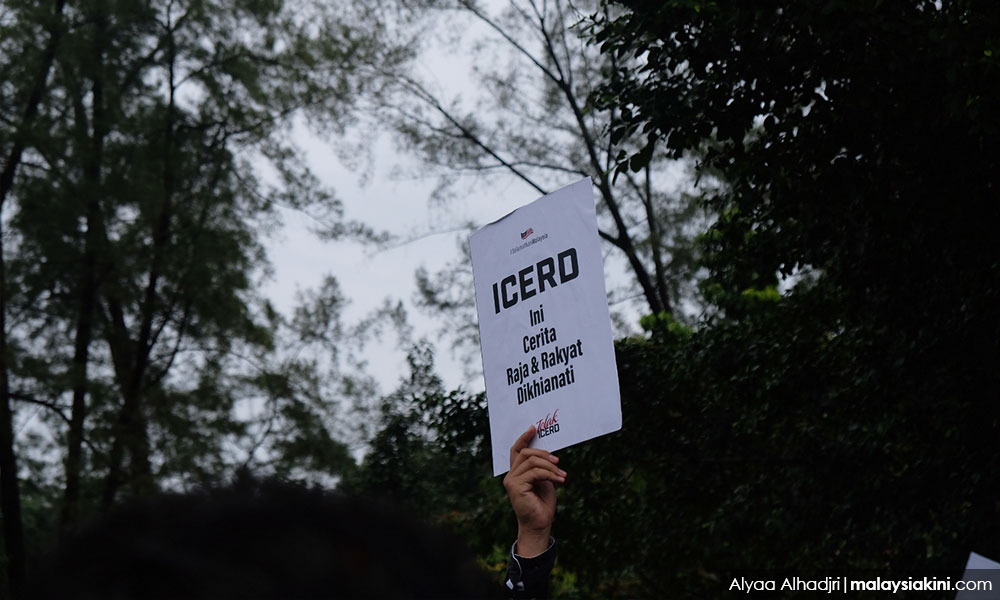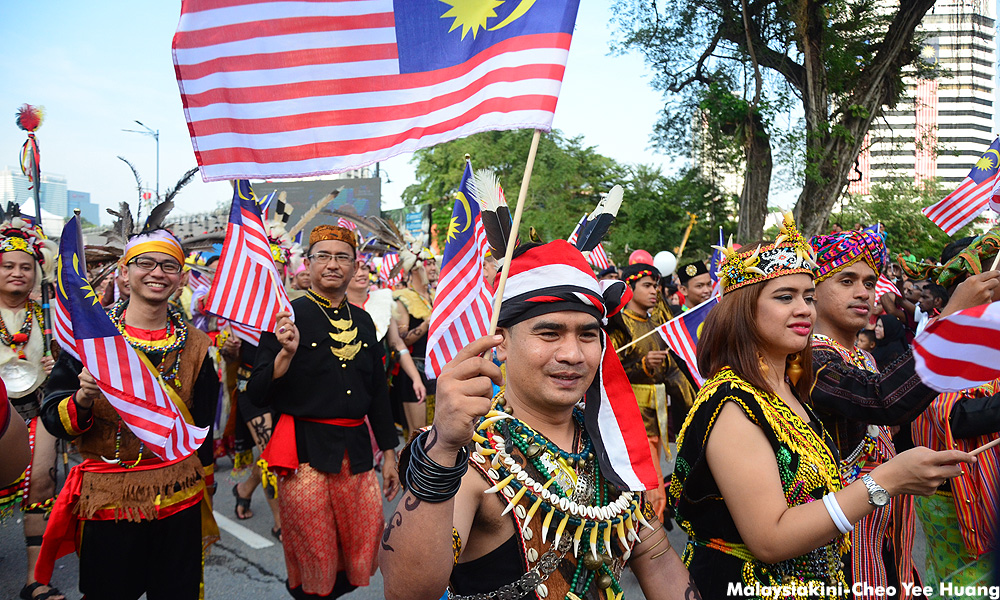
The International Convention on the Elimination of All Forms of Racial Discrimination (Icerd) is one of the hot button topics of the day.
In principle, I, of course, share many sentiments and the general ideology of those pushing for accession to the Icerd.
Racism is bad, and being in line with international standards of human rights is good. No argument there. I certainly wouldn’t be particularly upset or anything if Malaysia ultimately accedes to the Icerd.
I wonder though, if this truly is the most important front in the battle against racism in Malaysia and whether this is where we should be pouring our resources and (limited) political capital into.
Perhaps we should not focus primarily on seeking a legal instrument that may allow the government and other parties to compel institutions to change their policies with regards to race.
Instead, maybe the best way forward is to focus on creating a Malaysia where the human beings within those institutions will eventually decide to push for those same changes - and to do so of their own accord, not because of legal obligations.
Is there a difference? Any couple who has fought about helping to do the dishes because someone is forced to, versus wanting to help do the dishes of their own accord may be able to weigh in (credit to one of my favourite movies growing up).
Change from bottom up
Another analogy can be taken from education. If there are certain values or views we hope our child to have, there are a number of ways we can set out to achieve this result.

The simplest, somewhat old-fashioned way, is to just tell the child what to think.
Anyone who has dealt with teenagers will attest to the eventual futility of this approach. Indeed, the more you try to force your views on youth, the more likely they are to adopt the complete opposite view.
A more effective approach is to set the stage in a way that allows the child the freedom to explore and discover and to hopefully come to positive and accurate conclusions.
In practical terms, a legal obligation that forces various institutions to adopt certain policies removes a lot of the agency and ownership those institutions have over these changes.
The end result could very well be that the said institutions will feel much less invested in these changes, and carry them out half-heartedly at best.
If we focus on giving Malaysians (especially young Malaysians) the freedom, space and opportunity to discover for themselves the joys of diversity and the fundamental commonalities that Malaysians of all races share, then those same Malaysians will be the ones to drive necessary change from the bottom up.
Picking battles
On the flipside, if we focus too much on change from the top down, we make ourselves easy pickings for extremists.
This issue is undoubtedly one of a number of litmus tests for the new Malaysia. It has become a lightning rod for those who want to see whether there was ultimately any basis to the decades of Umno fear-mongering, which sold the idea that Umno losing power would mean the end of Malay interests.
Those same fear-mongers are of course having a field day now with the Icerd, hailing it as that resounding confirmation that Pakatan Harapan was out to get the Malays all along.
Needless to say, we should never let fear of a backlash from extremists prevent us from doing what is right.
That said, it may also be wise to pick our battles in such a way that optimises achievement of our shared goals.
We should not forget that after all, the government does not need to formally accede to an international convention in order to start weeding out institutional racism.

As an aside, perhaps there is some next level political manoeuvring that intends to use the Icerd as cover to protect from the backlash of such reforms, but for this article, that is neither quite here nor there.
Heart of our problem
I personally believe that the heart of the problem of racism in Malaysia is not in its laws or regulations or which convention we are or are not a party to.
The heart of the problem lies, poetically enough, in our hearts - in what Malaysians really feel there about one another.
Malaysians have been taught for decades by BN to distrust those whose skins are a different colour than our own.
This is what corrupted the culture older Malaysians know so well, from the time where Malaysian children of every race grew up colour blind.
If we focus on undoing BN’s damage, and on giving young Malaysians the right kinds of opportunities they, too, will discover that same colour blindness - just as our parents and grandparents did.
It is always important to have good and just laws; but ultimately, sustainable solutions are achieved not when top-down laws shape the “right” kinds of humans, but when humans shape the right kinds of laws from the bottom up.
NATHANIEL TAN strongly agrees that the exception in Section 375 of the Penal Code that allows for marital rape must be removed. - Mkini



No comments:
Post a Comment
Note: Only a member of this blog may post a comment.